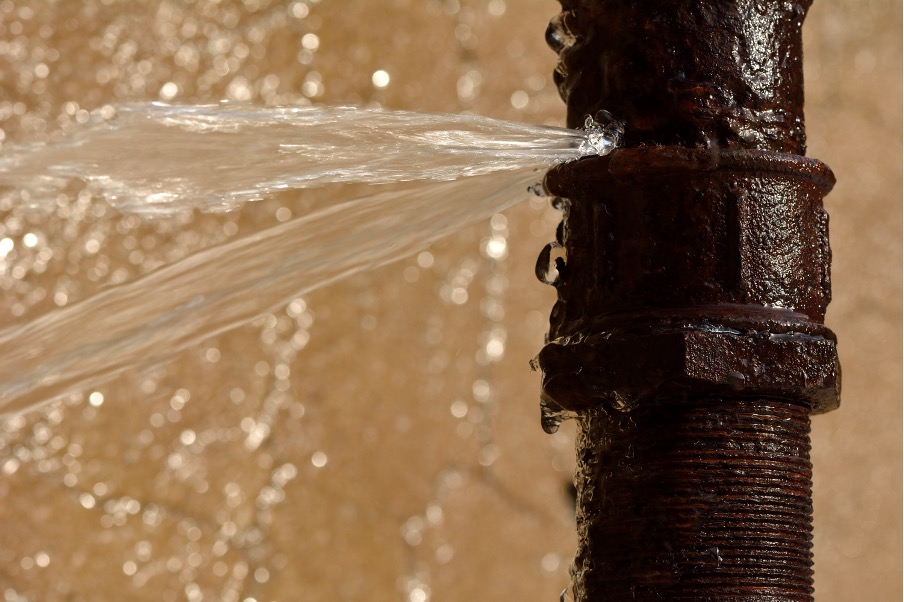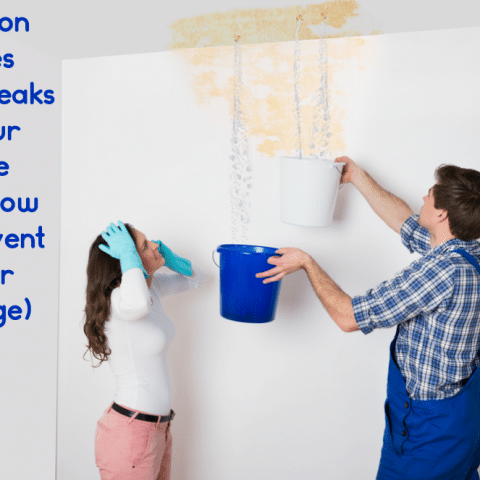How to Find as well as Fixing Water Leaks-- A Comprehensive Overview
How to Find as well as Fixing Water Leaks-- A Comprehensive Overview
Blog Article
This great article below about Top leak detection hacks is highly fascinating. Don't overlook it.

Early discovery of leaking water lines can mitigate a prospective catastrophe. Some little water leakages might not be noticeable.
1. Analyze the Water Meter
Examining it is a guaranteed means that helps you uncover leaks. If it moves, that indicates a fast-moving leakage. This suggests you might have a slow leak that might even be below ground.
2. Examine Water Intake
Examine your water bills as well as track your water intake. As the one paying it, you should discover if there are any type of inconsistencies. If you find sudden changes, regardless of your consumption being the same, it implies that you have leaks in your plumbing system. Bear in mind, your water costs must drop under the same range every month. An unexpected spike in your costs indicates a fast-moving leak.
At the same time, a steady boost on a monthly basis, even with the same behaviors, shows you have a sluggish leak that's likewise slowly escalating. Call a plumber to extensively inspect your property, specifically if you really feel a warm area on your floor with piping below.
3. Do a Food Coloring Examination
When it comes to water intake, 30% comes from toilets. If the color somehow infiltrates your bowl throughout that time without flushing, there's a leakage between the storage tank and also bowl.
4. Asses Exterior Lines
Don't forget to examine your exterior water lines also. Test spigots by attaching a garden tube. Must water seep out of the link, you have a loosened rubber gasket. Replace this and also make sure all links are limited. If you've got an automatic sprinkler, it will help get it skillfully examined and kept each year. One little leakage can throw away tons of water and increase your water expense.
5. Evaluate the situation and also check
Homeowners need to make it a practice to examine under the sink counters as well as even inside cabinets for any bad odor or mold and mildew development. These 2 red flags indicate a leakage so punctual focus is required. Doing regular inspections, also bi-annually, can save you from a significant trouble.
Much more importantly, if you understand your home is already old, maintain a watchful eye on your heaters, hose pipes, pipelines etc. Check for discolorations and deteriorating as the majority of pipelines and appliances have a life span. They will also naturally degrade because of wear and tear. Don't wait for it to rise if you presume leaking water lines in your plumbing system. Call an expert plumber immediately so you do not wind up with an awful mess in your home.
Early discovery of leaking water lines can mitigate a possible calamity. Some small water leaks might not be noticeable. Checking it is a guaranteed method that helps you uncover leakages. One tiny leakage can lose tons of water and also surge your water bill.
If you believe dripping water lines in your plumbing system, don't wait for it to rise.
How to Know If Your Home Has a Hidden Leak
Water Meter Reveals Inexplicable Water Usage
If you’d like to test whether or not there’s a leak somewhere in your home, you can do this using your water meter. Here is how to conduct the test:
Don’t use any water in your home for at least 30 minutes; this also means not turning on faucets or water-using appliances.
Go outside, and check your water meter for activity.
If your water meter shows that there was activity, even though no one was using any water, this proves that there is a leak in your home.Visible Mold or Mildew Growth
Leaks behind walls create moist, dark environments that allow mold and mildew to grow and thrive. Eventually, you might see mold growth forming on the wall closest to a hidden leak.
If mold is growing in an area that receives a high amount of moisture, such as a bathroom, it may simply be an indication that better ventilation is needed. However, if you see mold growth on a wall or the ceiling in an area where you would not expect, you probably have a hidden leak.
Musty, Mildew Odor
Sometimes you might not be able to see the mold or mildew that is growing as a result of a leak. However, the smell can give the problem away just as easily. If you catch a whiff of something musty, there’s a good chance that old water is collecting somewhere in your home that you can’t see.
Stained/Warped Walls, Ceilings, or Floors
When your home soaks up water, a variety of red flags can become visible, including ceiling stains, bubbling drywall, warped walls, and sagging floors. While these issues can be caused by excess humidity, they can also be signs that a pipe or plumbing connection has started leaking behind your walls.
Inexplicably High Water Bill
After a while, you get a general sense for what your water bill should be. If you own a pool or sprinkler system, your bill will tend to be higher during summer. However, if you receive a water bill that seems especially high, and you can’t figure out what caused it, then you may have a hidden leak somewhere that’s increasing your bill.
https://www.plumbingjoint.com/blog/2019/july/how-to-know-if-your-home-has-a-hidden-leak/

I have been very enthusiastic about Finding hidden leaks and I really hope you enjoyed reading my page. Enjoyed our write-up? Please share it. Let others check it out. Thank you for your time. Visit us again soon.
Report this page